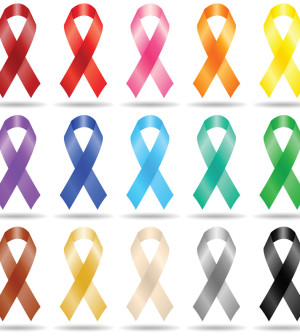- The Best Time of Day to Drink Bone Broth to Maximize Health Benefits
- 8 Ways to Increase Dopamine Naturally
- 7 Best Breads for Maintaining Stable Blood Sugar
- Gelatin vs. Collagen: Which is Best for Skin, Nails, and Joints?
- The Long-Term Effects of Daily Turmeric Supplements on Liver Health
- Could Your Grocery Store Meat Be Causing Recurring UTIs?
- Are You Making This Expensive Thermostat Error This Winter?
- Recognizing the Signs of Hypothyroidism
- 10 Strategies to Overcome Insomnia
- Could Artificial Sweeteners Be Aging the Brain Faster?
Tips for Staying Safe in the Sun

The Memorial Day weekend marks the unofficial start of summer, and that means it’s time to remind you about sun safety to reduce your risk of skin cancer.
Ideally, when you’re outside, you should wear a long-sleeved shirt, long pants, a wide-brimmed hat and sunglasses, the American Academy of Dermatology (AAD) says.
If it’s just too hot to cover up completely, make sure all exposed skin gets a generous application of a broad-spectrum, water-resistant sunscreen with a sun protection factor (SPF) of 30 or more. A broad-spectrum sunscreen protects against both ultraviolet A and B rays.
Re-apply sunscreen every two hours, even on cloudy days, and after you swim or sweat.
Stick to the shade between 10 a.m. and 2 p.m., when they sun’s rays are strongest, the AAD advised.
If you do get a sunburn, taking cool baths or showers can help relieve the pain. After getting out of the tub or shower, gently pat yourself dry, but leave some water on your skin. Next, apply a moisturizer to help trap the moisture in your skin. Use a moisturizer that contains aloe vera or soy.
If you have a particularly nasty sunburn, you might want to use an over-the-counter hydrocortisone cream. Never use “-caine” products (such as benzocaine), because they can irritate the skin or cause an allergic reaction, the AAD said.
Aspirin or ibuprofen can help reduce swelling, redness and discomfort caused by a sunburn. It’s also a good idea to drink plenty of water. If you skin develops blisters, don’t break them. They help your skin heal and prevent infection.
Also, be sure to stay out of the sun while your skin is healing.
More information
The U.S. Centers for Disease Control and Prevention has more about sun safety.
Source: HealthDay
Copyright © 2026 HealthDay. All rights reserved.










